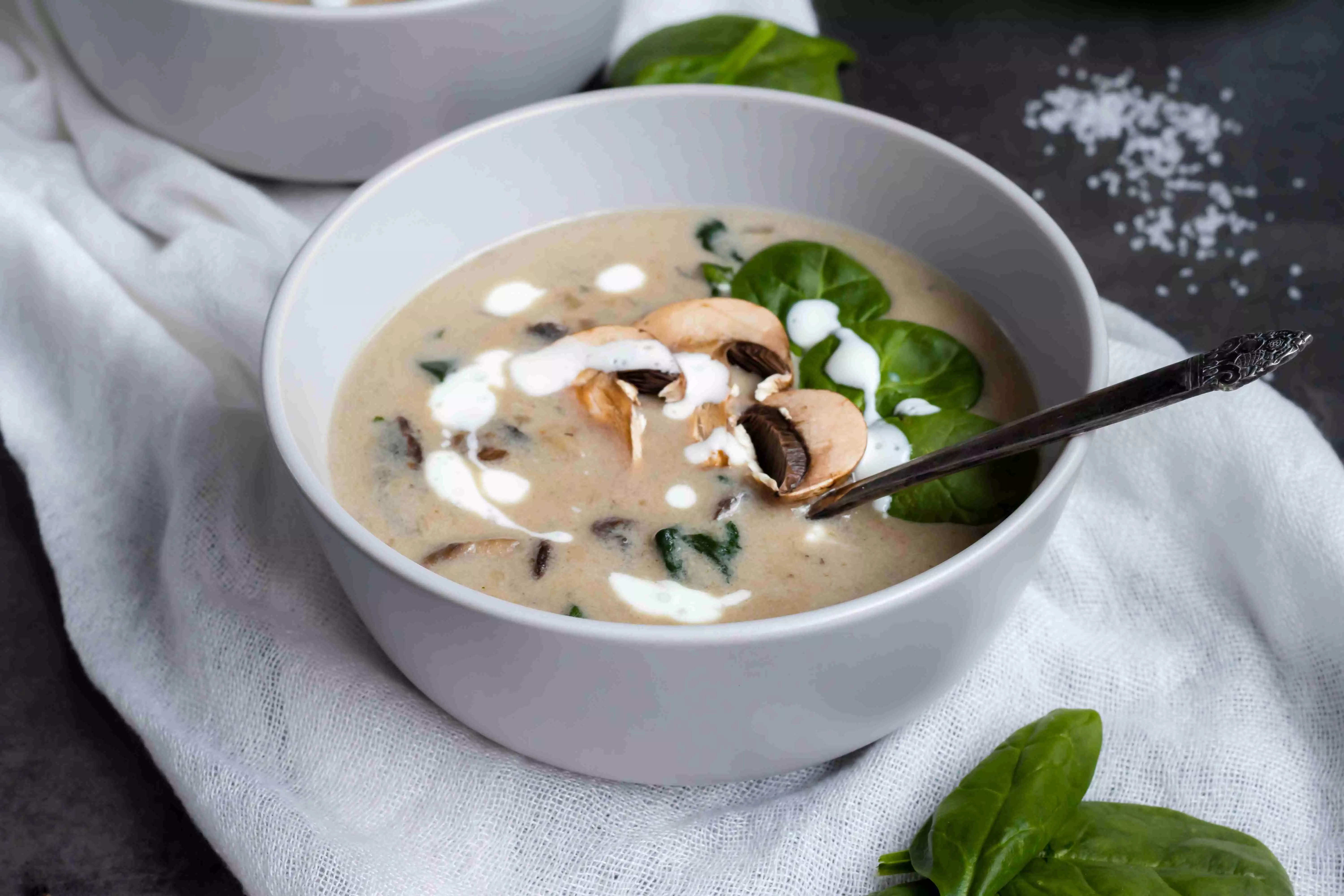From Umami flavour to brain health, mushrooms deliver on taste and health
Mushrooms are a fungus that brings a flavour to meals without adding much fat, calories or sodium
By Beyniaz Edulji
From Umami flavour to brain health, mushrooms deliver on taste and health
Hyderabad: Although there are 10 types of edible mushrooms—Shiitake, Portobello, Enoki, Oyster, Porcini, Chanterelle, Cremini, Lion's Mane, Button and Morel, it is the button mushroom that is most commonly consumed in Hyderabad.
Mushrooms are a fungus that brings a flavour to meals without adding much fat, calories or sodium. But the health benefits don’t stop there.
Mushrooms may decrease risk of cancer
Cancer studies over 50 years have shown that eating just 18 grams of mushrooms, which is equal to about a 1/8-cup or two medium mushrooms a day, may lower your risk of cancer by as much as 45 per cent.
Mushrooms are a powerful source of ergothioneine, an amino acid and antioxidant that prevents or slows cellular damage. Some mushroom varieties, such as shiitake, oyster, maitake and king oyster, have higher amounts of ergothioneine. But researchers found that incorporating any variety of mushrooms into your daily diet will lower your risk of cancer.
Mushrooms lower sodium intake
Sodium and high blood pressure are related. Sodium causes the body to retain excess fluid, which can increase blood pressure. To decrease your sodium intake, add mushrooms to your meals. Mushrooms are naturally low in sodium.
A cup of white button mushrooms has just five milligrams of sodium. They offer savoury flavour that reduces the need for added salt to keep your blood pressure low.
Mushrooms lower cholesterol
Mushrooms make an excellent substitute for red meat and so reduce calories, fat and cholesterol.
Research shows that shiitake mushrooms, in particular, help to keep cholesterol levels low. They contain compounds that inhibit the production of cholesterol, block cholesterol from being absorbed and lower the overall amount of cholesterol in your blood.
Mushrooms promote brain health
Researchers continue to study the effects of eating mushrooms on mild cognitive impairment (MCI).
MCI causes memory and language difficulties and is often a forerunner to Alzheimer’s disease. In a study in Singapore, participants who ate more than two cups of mushrooms a week had a 50 per cent lower risk of developing MCI. Even those who ate only one cup saw some benefit. The mushrooms eaten by participants included golden, oyster, shiitake and white button mushrooms.
A rich source of vitamin D
Vitamin D helps your body absorb calcium to maintain and build strong bones. Many people rely on supplements or sunshine to get vitamin D, but if you’re looking to get this nutrient through your diet, consume mushrooms. They are the only type of produce that is a source of vitamin D.
Healthier gut
The microbiome in your gut is home to organisms and bacteria that play a large role in your health and mood.
One way to keep your gut healthy is to stimulate the growth of healthy bacteria in that space with the use of prebiotics, such as mushrooms. Research shows that mushroom polysaccharides, their most abundant carbohydrate, stimulate the growth of healthy bacteria. While many foods break down with stomach acid, the polysaccharides found in mushrooms pass through the stomach unchanged and can reach the colon to encourage bacteria growth there.
Healthy immune system
Mushrooms contain macronutrients that support a healthy immune system.
According to the Mushroom Council, your immune system will benefit from mushrooms whose nutrients include Selenium, which helps your body make antioxidant enzymes to prevent cell damage, and Vitamin D, which assists with cell growth, boosts immune function and reduces inflammation.
Mushrooms offer an easy way to add vitamin D to your diet. Also, Vitamin B6, which helps your body form red blood cells, proteins and DNA. Shiitake mushrooms are the best choice for vitamin B6.
Here is a recipe for mushroom soup
Ingredients
200 grams of button mushrooms
1 small onion
½ teaspoon finely chopped garlic
1 bay leaf
1 cup water or vegetable stock
1 cup whole milk – at room temperature
4 tablespoons cream
1 tablespoon flour
2 tablespoons Butter
2 tablespoons chopped parsley or basil
freshly crushed black pepper to taste
salt to taste
Instructions
Rinse and chop mushrooms into thin slices.
Melt butter in a heavy saucepan.
Add the bay leaf and sauté.
Add the finely chopped onions and garlic.
Sauté, stirring often on medium-low heat, till the onions soften and become translucent.
Add the sliced or chopped mushrooms and sauté till the mushrooms start to release water. Sauté till all the water dries up and the mushrooms become a light golden brown.
Add the flour and sauté for 2 minutes, stirring often on low heat.
Add freshly crushed black pepper and mix well.
Add water pr vegetable stock, followed by milk.
Stir well and season with salt.
On a low to medium-low heat, let the soup simmer and thicken. Stir at intervals.
Simmer for about 5 minutes, add the cream and half the chopped parsley or basil.
Simmer for another 2 minutes more stirring often.
Serve soup garnished with the other half of parsley or basil.
Important note: Care must be taken to source or buy edible mushrooms from vegetable stores and supermarkets. Do not pick mushrooms growing in the wild during the monsoons, as they may be poisonous.